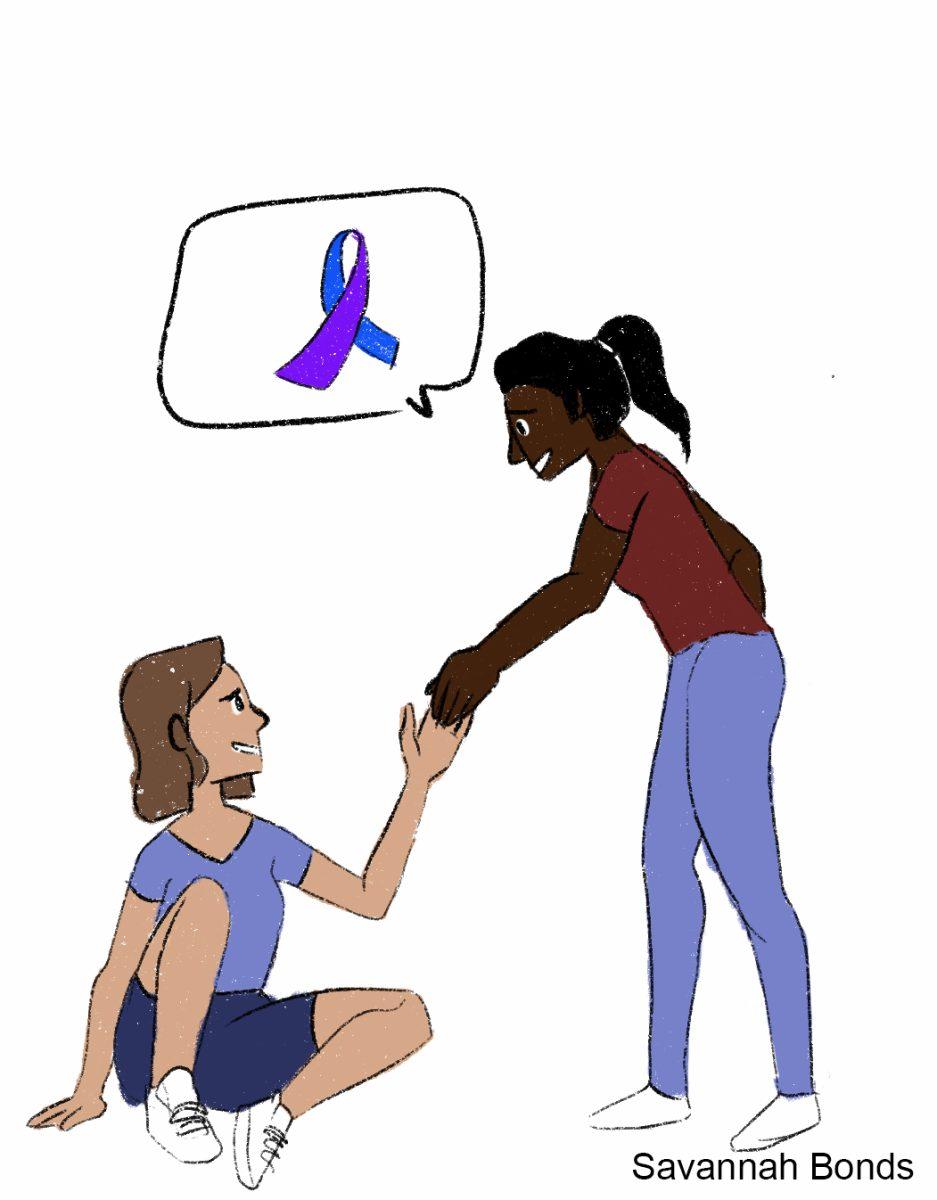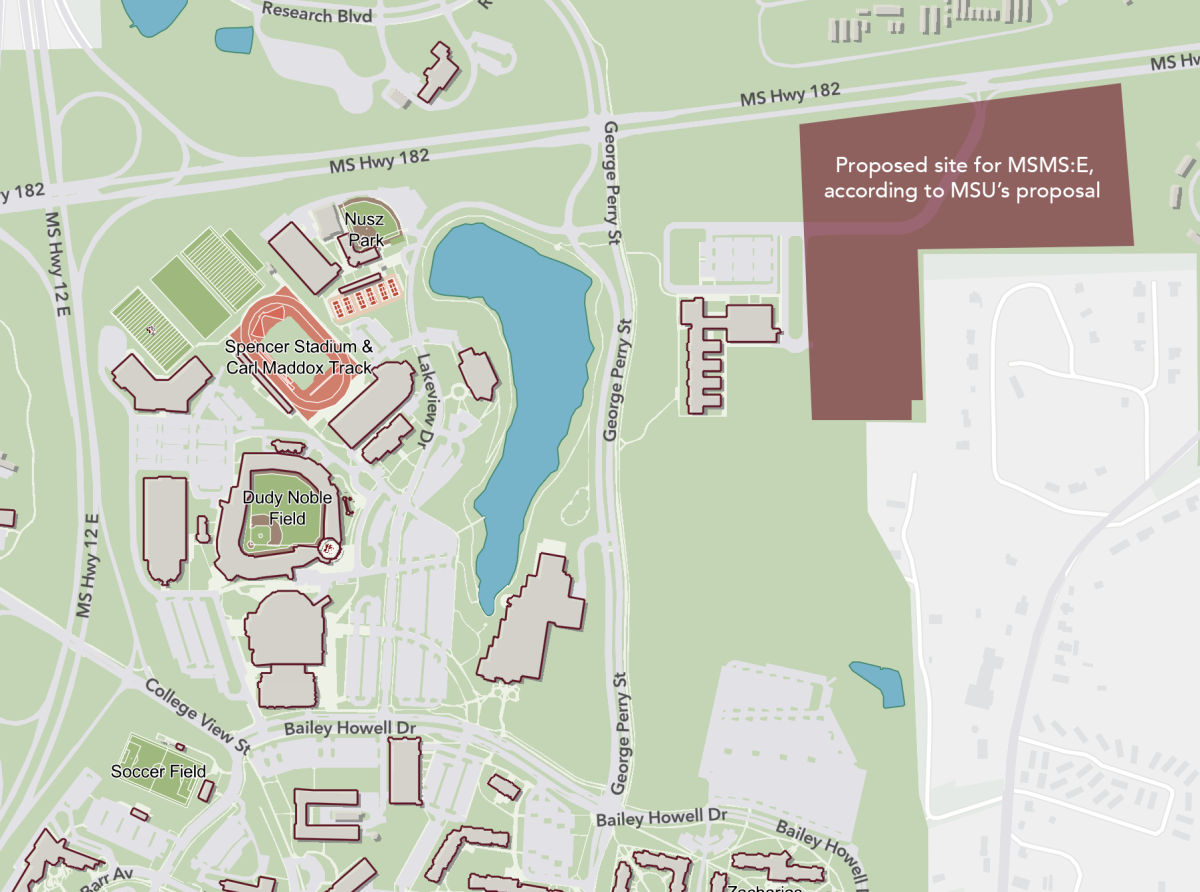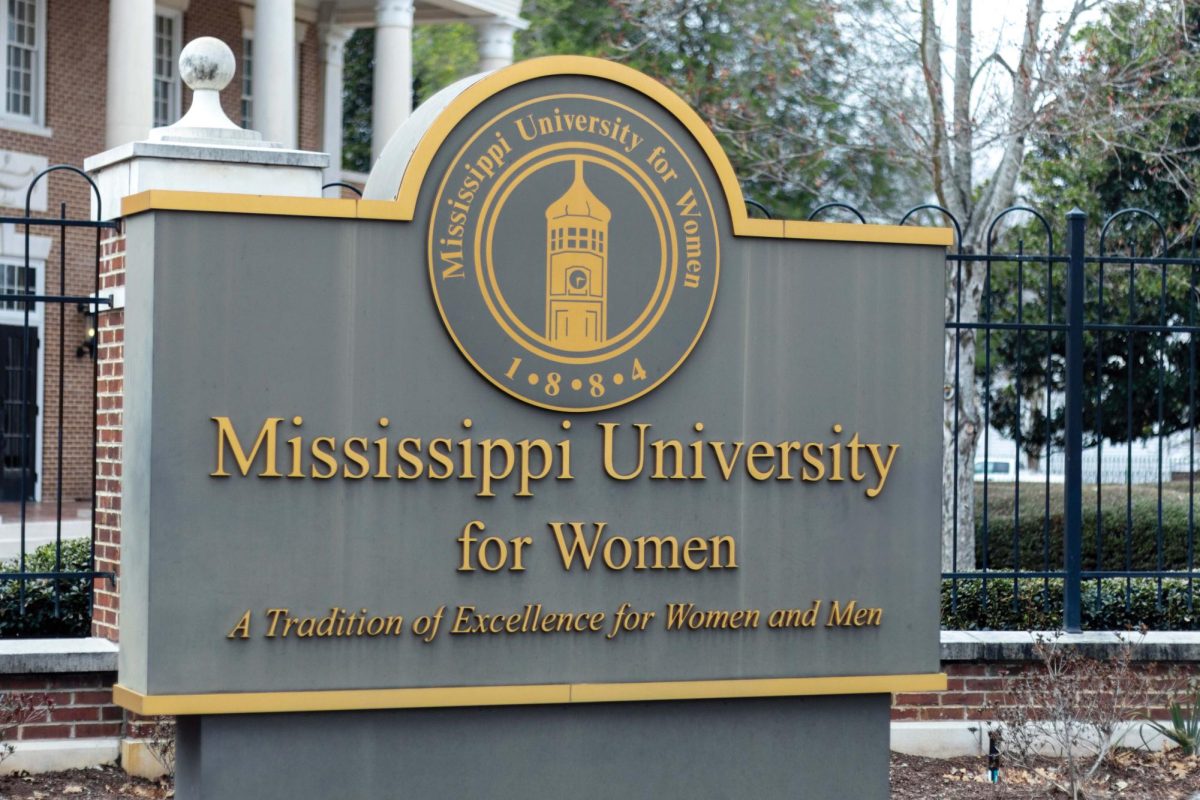Mississippi State University’s department of psychology partnered with the Mississippi Department of Mental Health (MDMH) to host a virtual Suicide Prevention Symposium on Sept. 29.
From 11 a.m. to 5 p.m., over 1000 people listened to six experts in psychology and suicide speak about the theme “Fitting Suicide Prevention into Our Changing Time.”
Michael R. Nadorff, associate professor and director of the clinical PhD program in MSU’s department of psychology, said some of the topics covered were ways to help those struggling, the effects of suicide on friends and family members, suicide and depression in minority groups and youth and adolescent suicide.
According to Nadorff, this is the first year the department co-hosted the symposium. He said the department of psychology cowrote a grant with MDMH a year ago where they received money from the Substance Abuse and Mental Health Services Administration to go towards youth suicide prevention in the state.
“MSU was asked to take over and try to link the symposium with top researchers in the area in order to bring in that empirical basis,” Nadorff said. “We had two past presidents of the American Association of Suicidology and other top people in the field that everyone was able to hear.”
Nadorff and Emily Stafford, assistant clinical professor and director of the Psychology Clinic, spoke about The Alliance Project, a training program designed to help identify someone in distress and connect them to help.
“It’s a set of skills we want to give to everyday people in the community to help them make connections with people around them, recognize distress, have a conversation with that person and refer them to mental health professionals,” Stafford said. “It is about building up that rapport with distressed individuals so you can offer assistance.”
According to Stafford, The Alliance Project is a five-year grant with the state of Mississippi, and their goal is to train 5,000 people a year. She said they can provide virtual or in-person training for free to anyone in the state.
“Dr. Nadorff, myself or Rachel-Clair Franklin will come to you wherever you are in the state and offer that training for free because the grant has paid for our time, travel and resources,” Stafford said. “It can be schoolteachers, religious groups, civic organizations and anyone else who is interested.”
Hayley Bunch, a junior early childhood education major from Memphis, Tennessee, said she believes it is important to learn more about mental health and its warning signs as a college student, especially now when many people’s lives are negatively affected by COVID-19.
“Whether it be students having to stay inside for extended periods of time, taking classes online or not getting to do normal, fun activities, it is so important to be aware of your friends and check in on your loved ones,” Bunch said. “A lot of times people do not know the signs to look for.”
Bunch said it can help to check up on friends you have not heard from in a while, meet them for coffee or FaceTime them if you cannot meet in-person. Additionally, she believes keeping in touch with people will also help a person’s mental health during this difficult time.
Associate Professor Nadorff believes it is important for people to attend informative events like this because the suicide rate is increasing.
“The suicide rate has gone up every year for more than the last decade. We’re seeing really noticeable increases in youth and adolescents,” Nadorff said. “We also see greater increases in minority youth and adolescents than we do in Caucasian youth and adolescents.”
According to Nadorff, even if you were up to date 10 years ago, you are not anymore. He said the world changes, and it is important for people to learn about those changes through training and research in order to help those around them.
Assistant Clinical Professor Stafford said those in distress can reach out to the National Suicide Prevention Lifeline by calling 1-800-273-8255. The lifeline offers 24/7 free and confidential support.
Suicide symposium at MSU draws awareness to the growing problem
0
Donate to The Reflector
Your donation will support the student journalists of Mississippi State University. Your contribution will allow us to purchase equipment and cover our annual website hosting costs.
More to Discover



















